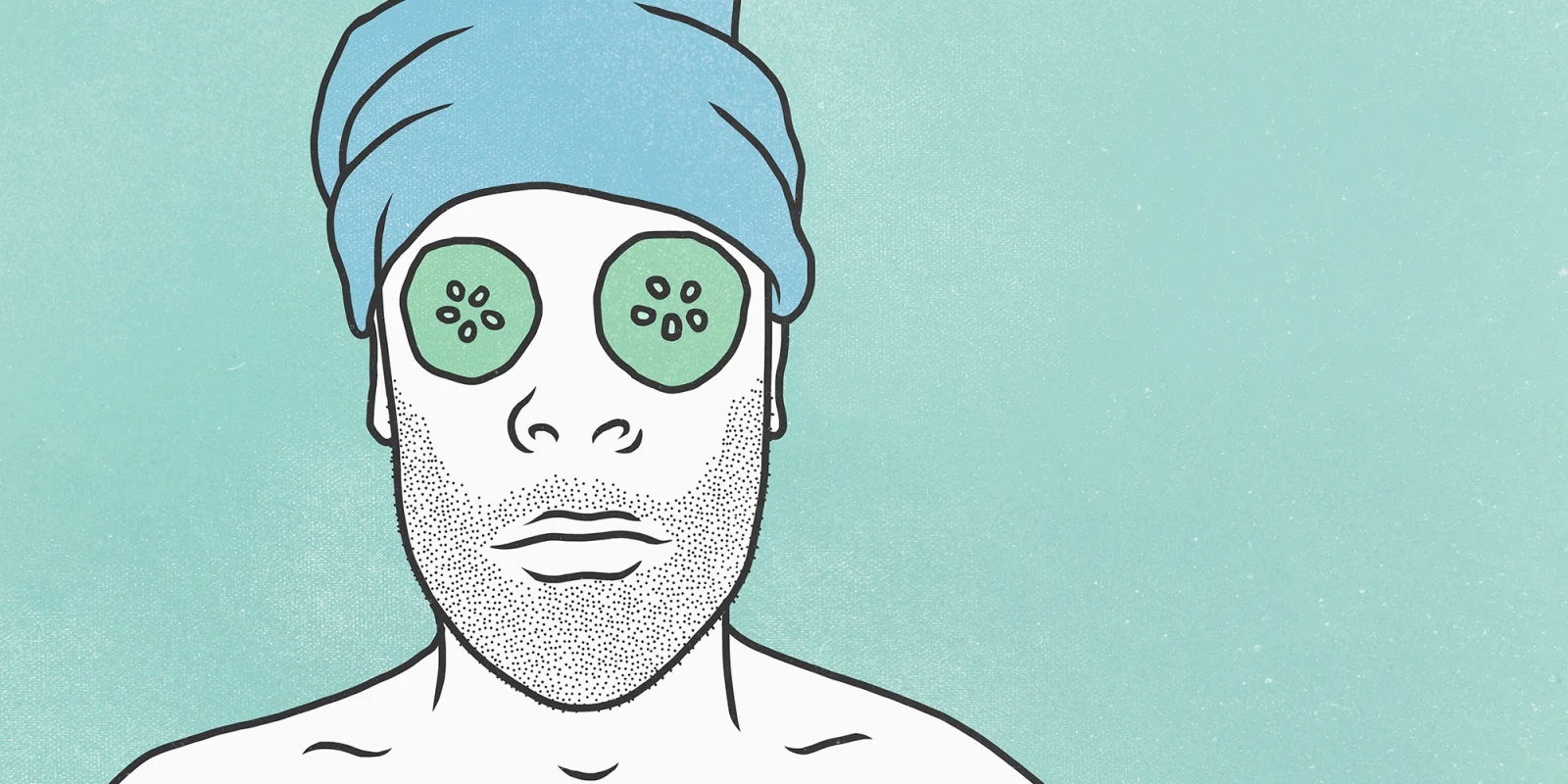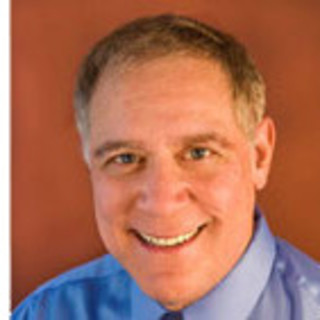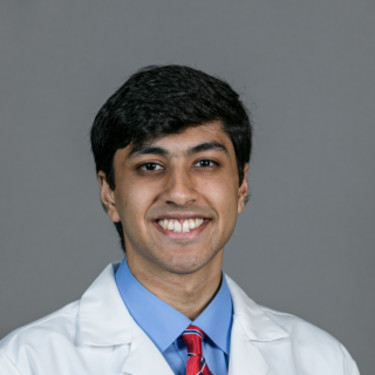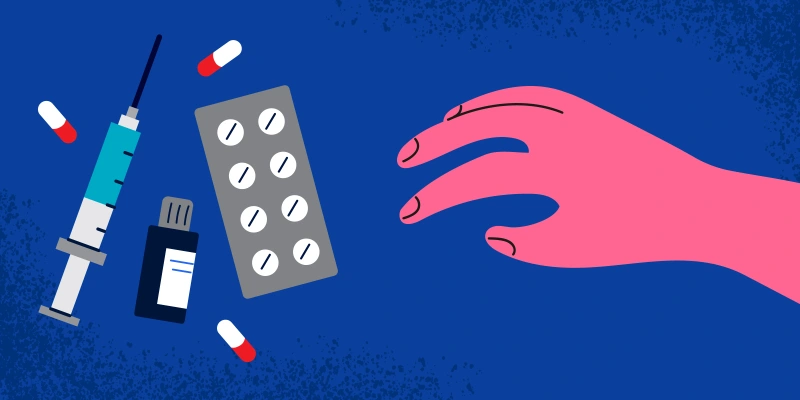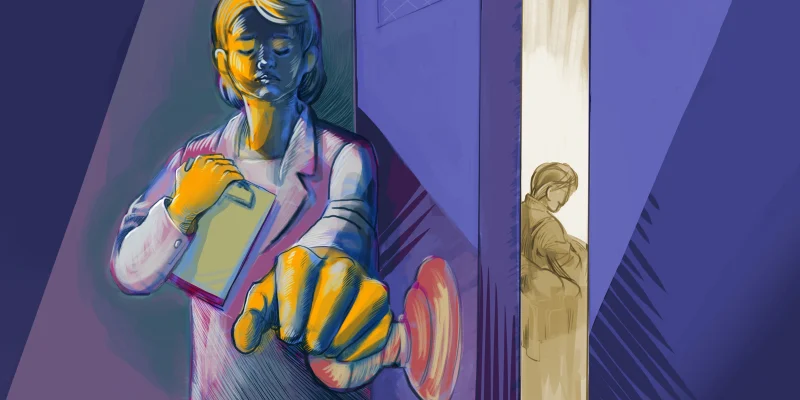
Before beginning medical school, I majored in psychology and had the good fortune to be mentored by Abraham Maslow. Maslow’s optimistic nature, and emphasis on health rather than sickness, helped sustain me through the dark years of medical school. It is now time to share with you, my medical colleagues, some of the strategies Maslow taught us about living the fullest and happiest life we can. (For greater detail, check out my website and blog.)
Have you ever wondered why people are always searching for happiness? Find it, lose it, find it again, and experience disappointment that the search for permanent happiness is so elusive. Maslow, unlike his contemporaries in psychology, looked at just such issues as he explored the broader concern of formulating a life philosophy. While happiness lies out there waiting for us, we physicians frequently put up roadblocks that prevent us from achieving it for ourselves.
Happiness is more than the absence of stress, burnout, or despair. It carries with it a sense of who you are, where you are going, how you are meeting your needs, and whether you recognize and are following your calling. This is essentially the list of questions every physician should be asking him- or herself daily. As I often remind my patients, remember what they tell you on airplanes: “Put on your own mask first before helping others.”
So, in beginning the journey toward happiness, we often start with a question directed at temporary happiness. Most physicians do a terrible job at answering it: What have you done for yourself lately? The question is especially hard because many physicians have failed the pre-step. What is the pre-step? Being aware of what you enjoy and then actually doing it.
Physician Heal Thyself
In medical school, we were taught the importance of paying close attention to our patients—what they say, how they say it, what we see, what we learn from examinations and tests, and—if we had good teachers—what they do not say. During any given day, we listen, we poke, we prod, we make conclusions, and we order treatments based on our recognition of problems or dysfunctions that we observe. But, are we aware of ourselves to the same degree that we are aware of our patients? What do our minds and bodies continually communicate that we choose not to hear? How many of us daily recommend to our patients that they exercise more, eat better, reduce stress, and increase gratifying social connection. And equally important, how many of us follow this guidance? Our usual explanation is that we are too busy being doctors, completing records, and tending to the needs of others to spend time on ourselves. We certainly are “busy” but it is also useful to remember that the Chinese word for busy contains two words: Heart and Death. Another point to be aware of on our journey to happiness.
Recognizing a Problem and Fighting Denial
In an old 1950s movie, “South Pacific,” one of the singers makes an important comment about life. She says, “If you don’t have a dream, how are you going to have a dream come true?” We physicians act as if we can defeat the Grim Reaper, as if we can successfully burn the candle at both ends, as if biannual vacations are adequate to discharge the accumulated wear-and-tear on our bodies and psyches. We are wrong. Just as the body cannot store vitamin C, so too is the case with relaxation and satisfaction. There is no storage vault—get it daily or face the consequences.
So, back to our first step: awareness. What can you do to start becoming aware of what your mind and body are telling you, both about wants and don’t wants? It does not take a Nobel Prize winner to recognize that overworked and under-satisfied is a losing game. While it is important to be aware that most of us are terrible models for living a balanced life, once we become aware of how unhealthy our behavior is, it becomes harder to stay in denial. You have a choice: continue on a self-destructive path or start looking for something more—happiness.
What You Can Do
Maslow said it all starts with awareness. Be aware of your own internal signals and aware of the world around you. Here are two simple activities that together will take up no more than 10 minutes of your day. Can you spare 10 minutes for your own welfare? If not, stop reading this and immediately call your insurance broker. Ask him or her to up your insurance for the benefit of your family. But if you can spare 10 minutes, then sign up for Happify (it’s online and free) and watch it daily. Your second assignment is to start a positive journal. Each evening before going to bed, record in one to three sentences something positive that happened to you that day. What qualifies? Maybe you looked out the window and saw a beautiful blue sky, you ate a delicious cranberry muffin, a patient said thank you for your help, etc.
I recognizing that physicians are among the worst patients on the planet. I realize you pulling off these suggestions for 90 days is close to fully recovering from Ebola. That said, Maslow inspired in me a deep sense of human capacity and potentiality, so I believe it is possible.
Now, finally, an answer to the question posed by this post’s title: what is the truth about happiness? The truth is that you cannot be happy if you do not pay attention to the signals coming from your mind and body. Only by paying attention can you be open to taking in the positives that are all around you. These two exercises begin setting the stage for a happier and more fulfilling life. Good Luck.
Louis E. Kopolow, MD, is Director of Potomac Grove Psychiatry, a multi-disciplinary private mental health group practice, one of the largest in the Washington, DC suburban area. He is a Distinguished Life Fellow of the American Psychiatric Association and member of the American College of Psychiatrists. He is also Clinical Assistant Professor of Psychiatry at George Washington University School of Medicine.
